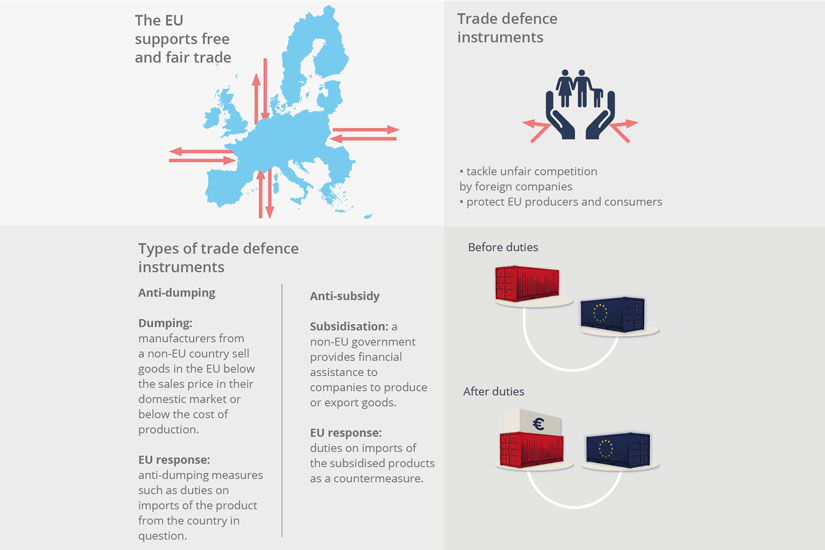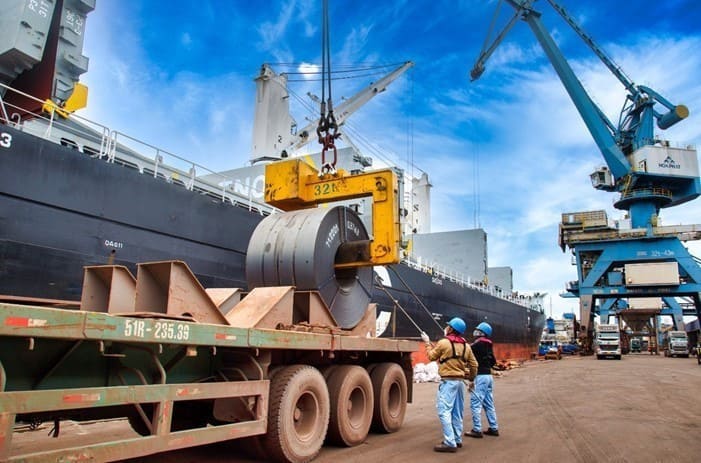As Vietnam deepens its integration into global supply chains and strengthens trade-remedy enforcement, foreign exporters are recognizing a shift: the best defense against anti-dumping duties is not only legal reaction — but structured preventive compliance.
With Vietnam applying anti dumping, countervailing and safeguard measures across sectors from steel and aluminum to plastics, textiles, chemicals and consumer goods, exporters who treat compliance as a business system — not a crisis response — are increasingly the ones who retain market access and competitive pricing.
This article outlines a practical compliance roadmap for manufacturers and international suppliers exporting to Vietnam, informed by Vietnam’s enforcement practice and global trade-law standards.

✅ Why Preventive Compliance Matters
In Vietnam, anti-dumping actions often originate from three triggers:
- Domestic industry petitions due to perceived injury
- Import surges following adjustments in regional supply chains
- Suspicion of origin-shifting linked to trade tensions in other markets
Foreign companies that lack structured trade-compliance processes face higher exposure to:
- Sudden duty imposition
- Investigations and document requests
- Potential supply-chain disruption
- Loss of pricing competitiveness
Trade compliance in Vietnam is no longer an afterthought — it is a market-entry requirement.
✅ Elements of an Effective Compliance System
A practical compliance framework includes five pillars:
1) Transparent Pricing & Cost Structure
Maintain verifiable data showing:
- Cost of production
- Profit margins
- Export prices vs. domestic sales
- Transfer pricing and related-party transactions
This avoids suspicion of dumping or cross-subsidization.

2) Stable and Predictable Export Patterns
Sudden spikes in export volume can trigger investigation signals.
Internal teams should track:
- Volume trends
- Market concentration
- Contract timing and seasonal changes
Predictability is not just operational — it is regulatory risk control.
3) Clean Rules-of-Origin Practices
As explored in earlier articles, origin compliance is crucial.
Companies should ensure:
- Real manufacturing activity
- Substantial transformation
- Documented value-addition
If a product is merely assembled, repackaged or routed through Vietnam, risk rises sharply.
4) Organized Record-Keeping
When investigations arise, authorities look for clarity and consistency.
Critical documentation includes:
- Sales ledgers
- Customs filings
- Cost accounting records
- Certificates of origin & BOM
- Logistics and shipping data
Exporters that can respond quickly and accurately gain credibility.

5) Local Advisory & Regulatory Monitoring
Vietnamese trade-remedy practice evolves quickly.
Working with local counsel and compliance professionals allows exporters to:
- Receive early signals on market petitions
- Interpret regulator announcements correctly
- Prepare before a case initiates
- Engage properly when data is requested
✅ Practical Steps for Exporters Today
| Action | Benefit |
| Audit export pricing & cost control | Lower dumping-margin exposure |
| Establish compliance SOPs with HQ | Faster response to authorities |
| Develop a “compliance file” | Reduce stress when investigations arise |
| Maintain local documentation | Align with Vietnam regulatory norms |
| Designate compliance officers | Avoid fragmented response |
| Engage with importers in Vietnam | Unified data & position |
Exporters should view compliance not as cost, but as market insurance.
✅ Sector-Specific Considerations
Vietnam focuses enforcement in industries where domestic competition is sensitive and import pressure is visible:
- Steel & metals
- Fertilizers & chemicals
- Plastics & packaging
- Wood & furniture
- Solar & electronics components
- Consumer goods
If your business is in one of these sectors, a preventive plan is essential.
✅ How Local Counsel Enhances Compliance Strategy
Foreign companies often rely on global legal or compliance teams — but local alignment is indispensable.
A Vietnamese trade-law team can:
- Monitor trade-remedy filings and early warnings
- Guide internal audit structures aligned with Vietnamese standards
- Support customs and origin compliance
- Train internal teams on evidence requirements
- Build a defensible compliance narrative before inquiries arise
Compliance is not only documentation — it is communication, timing, and regulatory fluency.

So, all you need to know about the market and avoid anti dumping risks is:
Vietnam’s trade-remedy enforcement reflects its maturity as a global manufacturing hub. With this evolution comes responsibility for exporters: compliance must be structured, proactive, and grounded in local legal expectations.
Companies that build early systems:
- Avoid investigations
- Retain pricing advantage
- Protect market access
- Strengthen credibility with authorities
Preventive trade compliance is no longer optional — it is a competitive advantage and a long-term investment in Vietnam market success.
Need Support Structuring a Vietnam Trade-Compliance System?
Our advisory team assists global manufacturers and exporters in establishing practical, confidential and regulator-aligned compliance frameworks for the Vietnamese market.
We support strategic planning, record-readiness, and risk prevention — not only defense after problems arise.
If you would like a risk-review call or structured compliance outline, we are ready to assist.

